The Best Time to Take an Edible at Night

If you're looking to sleep better at night, you might have considered using cannabis edibles. THC, CBD, and other cannabinoids have shown promise as sleep aids. However, the cannabinoid you choose isn’t the only important factor to consider, as timing matters too.
Understanding the timing of taking an edible can significantly affect its benefits for sleep. Factors like metabolism, dosage, and individual tolerance all play a role in deciding when the optimal time is for you to take an edible.
When is the best time to take an edible at night for a good sleep? Keep reading to learn everything you need to know about timing your edible consumption for that much-needed beauty rest.
Key Takeaways
- Choosing the right cannabinoid, such as THC, CBD, CBN, or CBG, plays an important role in how well edibles can help you sleep.
- The type of edible, like gummies, brownies, or tinctures, affects the onset and duration of sleep benefits.
- Start with a low dosage, such as 5mg, and adjust gradually to find what works best for your sleep routine.
- Timing matters when consuming edibles; taking them one to two hours before bed typically provides optimal sleep effects.
- Stay hydrated when using edibles to avoid dry mouth but avoid drinking too much water right before bed.
What Are Edibles?
Edibles are food products infused with cannabis, which could include a variety of cannabinoids, both psychoactive and not. Edibles are a great alternative to smoking or vaping, particularly for those who prefer longer-lasting effects. These tasty treats provide a discreet and convenient way to consume cannabis, especially for those who prefer not to inhale.
Types of Edibles
When it comes to cannabis edibles, there’s a variety to choose from, each offering its unique effects and experience. Whether you're after something sweet, a drinkable option, or something a bit more discreet, there’s likely an edible that fits your needs.
Here are your choices for cannabis edibles:
Gummies
Cannabis gummies are one of the most popular edible options. They’re small, tasty, and easy to dose, making them ideal for beginners and seasoned users.
With a range of flavors and potencies, they offer a sweet, chewable way to enjoy cannabis, with these Delta 9 Blue Razz Rings being sure to tantalize your taste buds and get you in the mood for a good night of shut-eye.
The best wellness gummies out there can contain numerous sleep-inducing cannabinoids for that much-needed beauty sleep.
Brownies and Baked Goods
Brownies are the classic cannabis edible, and for good reason. They’re rich, delicious, and pack a punch. Other baked goods like cookies and cakes are also common, providing various options for those who want to indulge in a sweet treat with a slow, lasting effect.
Chocolates
Cannabis-infused chocolates are a decadent way to consume cannabis. Available in various strengths and types (like milk or dark), they offer a smooth, enjoyable way to enjoy cannabis while satisfying a chocolate craving.
Beverages
Cannabis beverages are becoming more popular for those who prefer to drink their cannabis. Whether it’s a soda, tea, or even a cocktail, these drinks offer a refreshing and discreet alternative, with effects that often kick in faster than solid edibles.
Tinctures
A cannabis tincture is a liquid extract made by soaking cannabis flowers or concentrates in alcohol or another solvent. It’s typically administered sublingually (under the tongue) for quick absorption but can also be added to food or drinks.
Tinctures are popular for their precise dosing, discreet use, and fast-acting effects. This Sleepy Blend Wellness Tincture is a prime example. It contains 1500mg of CBD, CBN, and CBG, along with linalool (a terpene with sleep-inducing potential), and is very easy to administer.
Capsules
For those looking for a more controlled and discreet option, cannabis capsules are a solid choice.
They’re easy to dose and offer a longer-lasting effect, making them ideal for medical users or those who want a no-fuss way to consume cannabis without the flavor.
These Sleepy Blend Softgels, with 50mg of CBD, CBG, and CBN per piece, should help you get sleep.
Benefits of Taking Edibles at Night
Although many people eat edibles during the day, either for their therapeutic potential or the “high” they produce, they also offer several advantages when consumed in the evening, making them a popular choice for those seeking nighttime relief and relaxation.
As you’ll see below, depending on the cannabinoid(s) in question, edibles may help reduce symptoms related to stress and anxiety, produce a sense of mental calmness, induce physical relaxation, and result in sedation, all of which can assist you in getting a good night’s sleep.
Let’s move on and talk about the benefits of edibles for sleep and exactly how cannabis can put you into a deep sleep.
How Do Edibles Affect Sleep?
Edibles interact with your body's endocannabinoid system, which plays a role in regulating sleep-wake cycles. When you consume edible cannabis, the cannabinoids in these products travel through your intestinal tract, are processed by the liver, and then enter your bloodstream and move to receptors throughout your body, potentially influencing various sleep-related processes.

Potential Reduction of Stress and Anxiety
THC may relieve anxiety and stress by activating the brain’s endocannabinoid system. It influences receptors linked to mood regulation, with dopamine being one of them, potentially producing a calming effect. However, THC’s effects can vary, as higher doses may sometimes increase anxiety in certain individuals, so dosage control is crucial.
We then have CBD, the non-psychoactive compound in cannabis. It interacts with serotonin receptors in the brain, which are known to regulate mood and anxiety levels, offering calming effects without the "high" associated with THC. This makes it a popular choice for stress relief with minimal side effects.
CBD may also decrease cortisol levels, a hormone closely linked to stress. Simply put, lower cortisol levels lead to lower stress, and CBD may help with this.
Other cannabinoids like CBG (Cannabigerol) and CBN (Cannabinol) may also help relieve anxiety and stress. CBG is believed to support relaxation and mood enhancement by interacting with the brain’s neurotransmitters, while CBN, often associated with sedation, may help with sleep and stress relief. This study shows that just 20mg of CBN can greatly benefit various aspects of sleep.
Ultimately, not feeling anxious or stressed out when trying to sleep will help you fall asleep faster.
Possible Reduction in Pain
Edibles can also help with sleep due to their potential to relieve pain. Just like it’s hard to sleep when you’re feeling stressed or anxious, so is it hard to sleep when you are in pain. Luckily, various cannabinoids may relieve pain to a certain degree.
For instance, THC is known for having possible analgesic effects, meaning that it blocks pain signals from getting to your brain.
On the other hand, we have CBD, which displays great potential as an anti-inflammatory, therefore potentially reducing pain via inflammation reduction. Although the analgesic properties of CBN may not be as pronounced as with THC, CBN also holds potential as a pain reliever, with CBG also being a possible inflammation and pain-relieving agent.
Potential as Sedatives
THC may act as a sedative by interacting with CB1 receptors in the brain, which are part of the endocannabinoid system that seems to regulate sleep and relaxation.
In moderate to high doses, THC might help induce drowsiness, potentially making it easier to fall asleep.
Furthermore, CBN, or cannabinol, is often associated with sedative properties. It forms as THC degrades over time, and while it is less psychoactive than THC, CBN is frequently linked with promoting deep relaxation and sleep by interacting with the endocannabinoid system.
Take a look at Mellow Fellow’s lineup of CBN products right here.
Cannabis Edibles and How They Affect Your Sleep-Wake Cycle
Edibles can affect your sleep-wake cycle or circadian rhythm. Certain cannabinoids, such as THC, may increase melatonin production, which is the primary regulator of your sleep-wake cycle. This study states that THC does increase melatonin production.
It's naturally produced by the pineal gland in response to darkness, signaling your body that it's time to sleep. As melatonin levels rise in the evening, it helps promote feelings of drowsiness, making it easier to fall asleep and stay asleep. Therefore, if THC causes melatonin production, it stands to reason that THC also positively affects your sleep-wake cycle.
Interestingly, studies show that CBN may be just as effective at promoting sleep as melatonin.
Cannabis Edibles and Slow-Wave Sleep
THC, the primary psychoactive compound in cannabis, may increase the amount of time you spend in deep, slow-wave sleep. This stage of sleep is associated with physical restoration and recovery.
At the same time, THC can reduce the duration of REM sleep, the stage where dreaming occurs. For some people, this shift in sleep stages results in more restorative rest and fewer sleep disturbances.
Now that we know how cannabis edibles affect sleep, let’s figure out when the best time to take them is, starting with a discussion on edible onset time.
Factors Influencing Edible Onset Time
Understanding what affects how quickly you'll feel the effects of an edible can help you time your consumption better. Remember that edibles can take anywhere from 30 minutes to two hours to kick in, and in the case of sublingually administered tinctures, the effects may be even more acute.
Several key factors, such as metabolism, dosage, and consumption method, determine when the effects will kick in.
Here’s how various factors affect cannabis edible onset time:
Metabolism and Body Composition
Your metabolism significantly impacts how fast your body processes the edible. If you have a faster metabolism, you might feel the effects sooner than someone with a slower metabolism. Body composition also matters as those with higher body fat percentages may experience a delayed onset compared to leaner individuals.
Dosage and Potency
The amount and strength of the edible you consume directly affects how quickly you'll feel its effects. Higher doses or more potent edibles tend to produce noticeable effects faster. However, starting with a lower dose is always wise, especially if you're new to edibles or trying a new product.
Related Products
Consumption Method
How you consume your edible can influence its onset time. Generally, consuming edibles on an empty stomach can lead to faster absorption and quicker onset of effects. However, this might also intensify the experience, so proceed with caution.
Sublingual consumption, where the edible tincture is held under the tongue for absorption, can result in a faster onset than swallowing.
Tolerance
Your tolerance to cannabis also plays a role. Regular users may need higher doses or experience delayed onset compared to occasional users. Now that we’ve covered the factors that affect edible onset time, let’s find out when the best time to take them for sleep is.
When to Take Edibles for Optimal Sleep
Timing your edible consumption is key to achieving the best sleep experience. For most people, taking an edible one to two hours before bedtime allows enough time for the effects to kick in as you're winding down for the night.
This timing should align the peak of the edible's effects with your natural sleep cycle, improving your ability to fall and stay asleep throughout the night.
Starting with a low dose, typically 2.5 to 5mg of THC, helps you gauge your tolerance and minimizes the risk of sleep disruption. You can always increase the dose gradually in future sessions if needed. Remember, everyone's body reacts differently to cannabis, so what works for others may not be ideal for you.
Tips for Incorporating Edibles into Your Sleep Routine
Incorporating cannabis edibles into your sleep routine can help enhance relaxation and support better sleep. However, achieving the desired effects requires considering a few key factors.
In this section, we’ll discuss how to find the right cannabinoid, choose the most effective type of edible, determine the proper dosage, and optimize timing for the best sleep results.
We’ll also discuss the impact of taking edibles on an empty or full stomach and the potential benefits of live resin extracts for sleep.
Finding the Right Cannabinoid
Choosing the right cannabinoid is essential for optimizing your sleep. THC, for example, may help induce drowsiness and improve sleep quality.
CBD is often used for its calming effects without the "high" of THC, making it a good choice for those with anxiety-related sleep issues.
Cannabinoids like CBN are known for their sedative properties, and CBG may also help with relaxation. Experimenting with different cannabinoids, or blends of them, can help you find what works best for your needs.
Keep in mind that you can combine cannabinoids for potentially enhanced sleep benefits. Mellow Fellow’s Dream Blend lineup of products is designed specifically to promote sleep by combining the best possible cannabinoids.
Using the Right Type of Edible
The form of edible you choose can impact how it affects your sleep. Gummies, chocolates, baked goods, tinctures, and beverages all offer different experiences. Baked goods and chocolates can be ideal for a slow release of effects that last throughout the night.
Meanwhile, tinctures and beverages are absorbed faster, which may be preferable if you need quicker results before bed. Choose the type that best fits your routine and desired onset time.
Consuming the Right Dosage
When it comes to edibles, dosage matters. It's recommended to start with around 5mg of THC or CBD and gradually increase if needed. Too much can have the opposite effect, potentially causing restlessness, so find a dosage that helps you relax without overstimulation. Start low and adjust based on how your body reacts.
Timing is Crucial
Make sure that you take the edible at the right time. Remember, it can take up to two hours to kick in. Taking it too early might cause you to fall asleep before you find out who the murderer on Law & Order is, while taking it too late might make you feel groggy the next morning.
Taking Edibles on an Empty or Full Stomach for Sleep
The choice between taking edibles on an empty or full stomach affects how quickly the effects are felt. Taking an edible on an empty stomach may result in a faster onset but can also intensify the experience. On a full stomach, the effects might take longer to appear but are often more gradual and longer-lasting. Experiment with both to see which works best for your sleep needs.
Consider Live Resin Extracts
Live resin extracts, which preserve the plant’s natural terpenes, may also enhance the sleep-promoting effects of cannabis. Terpenes such as myrcene and linalool are known for their sedative properties, making live resin edibles such as these a great option for those seeking deeper, more restful sleep. While these terpenes are great for sleep, others can do the opposite and help you focus.
Staying Hydrated
Hydration is an often overlooked aspect of using edibles, but it’s essential for your overall sleep experience. Edibles, particularly those high in THC, can sometimes cause dry mouth, which may disrupt your sleep.
Stay well-hydrated throughout the day to minimize this effect. However, avoid drinking large amounts of water just before bed to prevent frequent trips to the bathroom during the night. Sipping water in moderation after consuming your edible can help you stay hydrated without interfering with your sleep cycle.
Are Edibles Safe for Nightly Use?
Edibles can be an effective sleep aid, but nightly use over extended periods may lead to tolerance and dependence. Your body can become accustomed to the effects, potentially requiring higher doses to achieve the same results. This increased tolerance can impact both your sleep quality and overall cannabis experience.
Long-term nightly use of edibles might mask underlying sleep issues rather than addressing them directly. While edibles can help you fall asleep faster or stay asleep longer, they don't solve the root causes of sleep problems such as stress, anxiety, or poor sleep hygiene.
You should consider edibles as part of a holistic approach to sleep health, not a sole solution. Combining edible use with good sleep practices, stress management techniques, and a consistent sleep schedule can yield better long-term results.
Consulting with a healthcare professional before incorporating edibles into your nightly routine is advisable. They can help you assess your sleep issues, determine if edibles are appropriate for your situation, and guide you on safe usage.
What Are the Best Edibles for Sleep?
Before we wrap things up, let’s take a look at some of the best edibles for sleep that Mellow Fellow has to offer.
Dream Blend Live Resin M-Fusions Edibles Fruit Punch
The Dream Blend Live Resin M-Fusions Edibles from Mellow Fellow combines Delta 8, CBN, CBD, HHC, and Delta 9 to create a powerful blend designed for deep relaxation and restful sleep.
With refreshing fruit punch flavor and 50mg per gummy, these edibles are ideal for winding down and enjoying a tranquil night.
The combination of cannabinoids promotes calmness and relaxation, making it a great choice for those looking to improve their sleep quality. The live resin used also contains additional sleep benefits.
D9 Watermelon Rings
Mellow Fellow's Delta 9 800mg Watermelon Rings contain a THC and CBD blend. There are 20 gummies per bag, each delivering 40mg of cannabinoids. These delicious watermelon-flavored rings promote relaxation and ease into a restful night’s sleep.
The combination of THC and CBD helps balance the effects, providing calming and soothing properties that can enhance sleep quality and reduce stress. They are perfect for those seeking a flavorful way to unwind at the end of the day.
Delta-9 Live Resin Peach Rings
These Delta 9 Live Resin Peach Rings contain 500mg of Delta 9 THC, with 20 peach-flavored gummies delivering 25mg each. Thanks to the full-spectrum live resin extract, which retains natural terpenes for enhanced effects, these gummies are great for promoting deep relaxation and restful sleep.
The sweet peach flavor makes for a delicious bedtime treat, while the potent blend helps calm your mind and body, easing you into a peaceful night's rest. They are ideal for those seeking a flavorful and effective sleep aid.
Mellow Fellow Wellness Gummies Elevate Blend
These Wellness Gummies (Elevate Blend) offer a potent 2000mg of cannabinoids per bottle, including CBD, CBG, and CBC, in a delicious tropic medley flavor. These gummies are designed to promote relaxation, mental clarity, and a calm state, making them ideal for sleep support.
The balanced cannabinoid blend helps ease stress and anxiety, allowing for a more restful and deep sleep. Enjoy the refreshing tropical taste while benefiting from a potent and soothing formula to enhance your nighttime routine.
M-Fusions Delta-8 THC Fruit Punch Gummies
Mellow Fellow’s Delta 8 THC Fruit Punch Gummies contain 2000mg of Delta 8 per jar, offering a smooth, calming experience. Delta 8 is known for providing relaxation and mild euphoria without the intensity of Delta 9, making it a better option for those seeking a gentler effect.
The fruity punch flavor makes these gummies enjoyable while helping to reduce stress and promote restful sleep. This combination of flavor and mellow effects makes these gummies ideal for winding down at night.
Timing Edibles for Sleep: Final Thoughts
Incorporating cannabis edibles into your nighttime routine can be an effective way to improve sleep quality. By selecting the right cannabinoid, dosage, and type of edible, you can find a balance that promotes relaxation and restful sleep.
Remember that edibles can take anywhere from 30 minutes to two hours to kick in, which is perhaps the most important factor when determining the best time to take them for sleep.
Timing your consumption, staying hydrated, and exploring options like live resin extracts with sleep-supporting terpenes can further enhance your experience. With these factors in mind, you can develop a personalized approach to using edibles that suits your sleep needs.
Frequently Asked Questions
What Is the Best Dosage of Cannabis Edibles for Sleep?
Starting with a low dose of 5mg of THC or CBD is recommended. Gradually increase the dosage based on how your body reacts, ensuring it helps you relax without overstimulation.
How Long Does It Take for Edibles to Kick in for Sleep?
Edibles can take anywhere from 30 minutes to two hours to take effect. For most people, consuming them one to two hours before bedtime works best for sleep.
Should I Take Edibles on an Empty or Full Stomach for Better Sleep?
Taking edibles on an empty stomach leads to faster effects, but on a full stomach, the effects are more gradual and longer-lasting. Choose the approach that aligns with your sleep routine.
Can Live Resin Edibles Help Me Sleep Better Than Regular Edibles?
Live resin edibles retain beneficial terpenes, such as myrcene and linalool, which may enhance relaxation and support deeper, more restful sleep compared to regular edibles.
References
- Cannabis use in patients with insomnia and sleep disorders: Retrospective chart review - PMC (nih.gov)
- Tasty THC: Promises and Challenges of Cannabis Edibles - PMC (nih.gov)
- 2017mjanxiety.pdf (uw.edu)
- Frontiers | Cannabis-Induced Hypodopaminergic Anhedonia and Cognitive Decline in Humans: Embracing Putative Induction of Dopamine Homeostasis (frontiersin.org)
- Cannabidiol modulates serotonergic transmission and reverses both allodynia and anxiety-like behavior in a model of neuropathic pain - PMC (nih.gov)
- Acute effects of cannabigerol on anxiety, stress, and mood: a double-blind, placebo-controlled, crossover, field trial | Scientific Reports (nature.com)
- APA PsycNet FullTextHTML page
- Enhancing Endocannabinoid Control of Stress with Cannabidiol - PMC (nih.gov)
- Cannabis analgesia in chronic neuropathic pain is associated with altered brain connectivity - PMC (nih.gov)
- Antioxidative and Anti-Inflammatory Properties of Cannabidiol - PMC (nih.gov)
- Novel CBG Derivatives Can Reduce Inflammation, Pain and Obesity - PMC (nih.gov)
- Effects of Cannabinoids on Sleep and their Therapeutic Potential for Sleep Disorders - PMC (nih.gov)
- Cannabinol (CBN; 30 and 300 mg) effects on sleep and next-day function in insomnia disorder (‘CUPID’ study): protocol for a randomised, double-blind, placebo-controlled, cross-over, three-arm, proof-of-concept trial - PMC (nih.gov)
- Recent legalization of cannabis use: effects on sleep, health, and workplace safety - PMC (nih.gov)
- 0413 Exploring the Efficacy of Cannabinol in Sleep Enhancement: A Breakthrough in Non-Intoxicating Solutions | SLEEP | Oxford Academic (oup.com)
- Effects of Cannabinoids on Sleep and their Therapeutic Potential for Sleep Disorders - PMC (nih.gov)
- Myrcene—What Are the Potential Health Benefits of This Flavouring and Aroma Agent? - PMC (nih.gov)
- Linalool as a Therapeutic and Medicinal Tool in Depression Treatment: A Review - PMC (nih.gov)
Explore Other Articles
View allExplore more
- 11 hydroxy thc
- Blends
- blunt
- burn blend
- cannabinoids
- cartridge
- CBD
- cbg
- CBN
- Charged Blend
- Clarity Blend
- Concentrates
- Connection Blend
- Creativity Blend
- Dabs
- delta
- delta 10
- delta 11
- delta 8
- Delta 8 thc
- delta 9
- delta 9 thc
- Delta-10-THC
- Delta-11-THC
- delta-8
- Delta-8-THC
- Delta-9-THC
- delta9
- Desire Blend
- destination series
- Diamonds
- disposable
- disposable vape
- Dream Blend
- dry january
- edibles
- elevate blend
- entourage
- entourage effect
- entourage effects
- Euphoria Blend
- focus
- gummies
- H4CBD
- halloween
- hemp
- hemp-derived
- HHC
- HHCp
- HTE
- Indica
- Introvert Blend
- lean
- legal
- Live Resin
- Live Resin cartridges
- m-fusions
- mechoulam
- momentum blend
- Motivation Blend
- preroll
- productivity
- raphael mechoulam
- Recover Blend
- Relief
- sleep
- strain review
- terp sauce
- Terpenes
- Thanksgiving
- thc
- THC Drink
- thc lean
- thc-p
- THCa
- THCb
- THCh
- THCm
- thcp
- THCp edibles
- THCv
- the elevate blend
- The Energy Blend
- The Happy Blend
- The Illuminate blend
- the momentum blend
- The Rest Blend
- Tranquility Blend
- vape
- vape cartridge
- Vapes
- wax
- wellness
- zkittlez


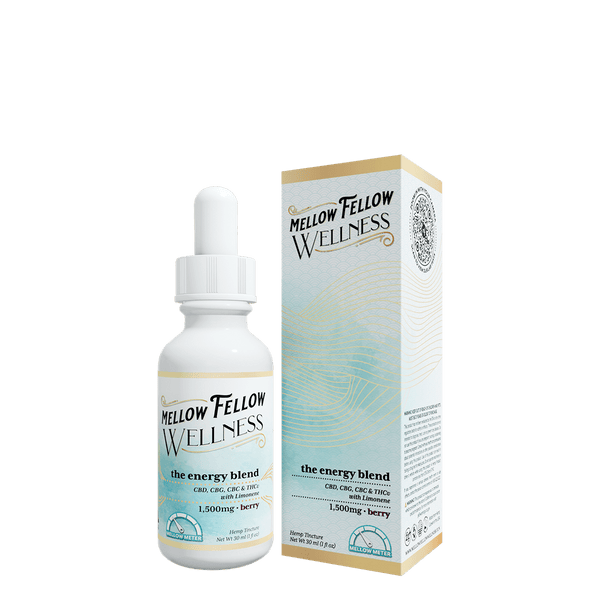
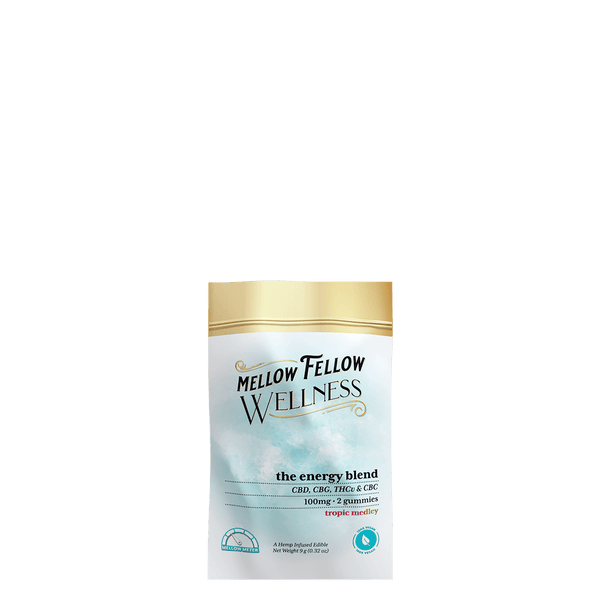
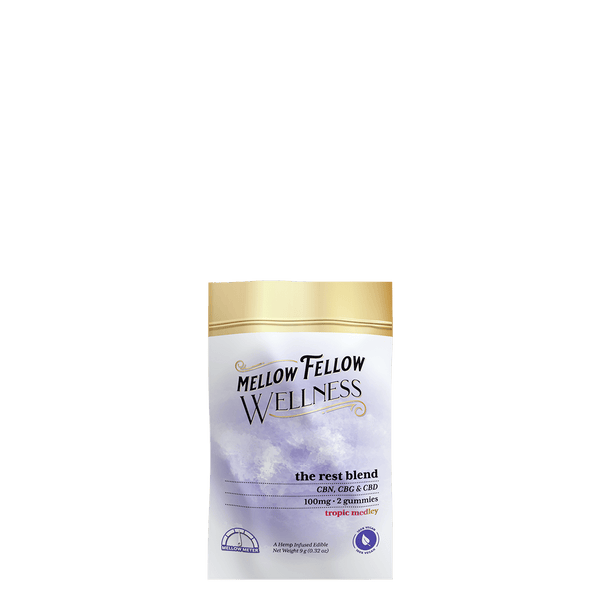
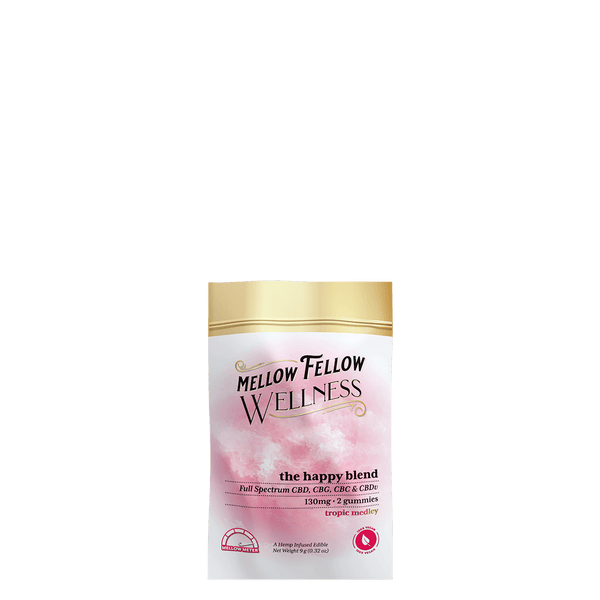
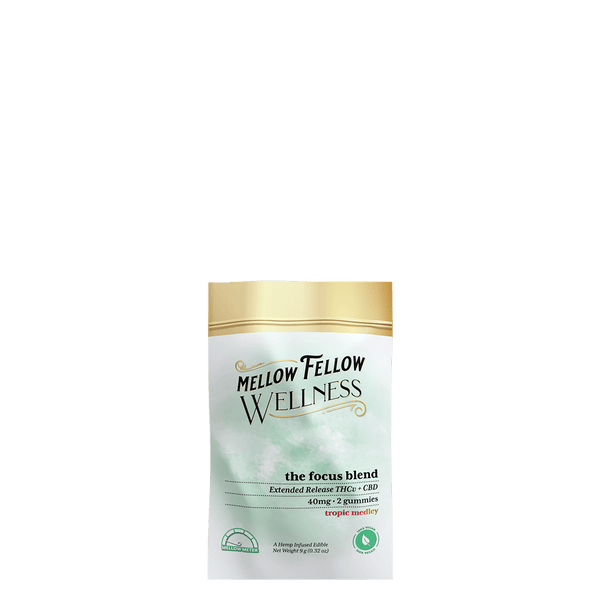
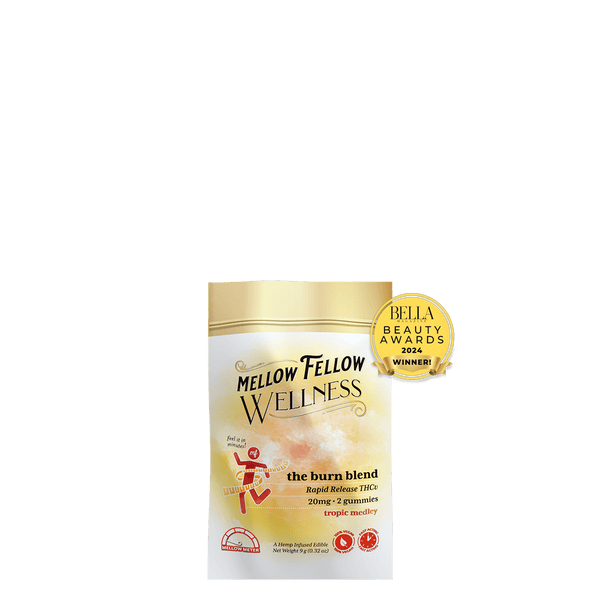










Leave a comment